Get your Kleenex ready.
The theme of this year’s TCM Classic Film Festival is Moving Pictures and, according to senior vice president of programming Charlie Tabesh, that means movies that make you cry. Speaking at Wednesday’s press conference, Tabesh added that he was particularly looking forward to “The Passion of Joan of Arc” and “Cinema Paradiso.”
Tabesh was joined on the panel by TCM host Ben Mankiewicz, general manager Jennifer Dorian and festival managing director Genevieve McGillicuddy. The fest runs Thursday through Sunday in Hollywood.
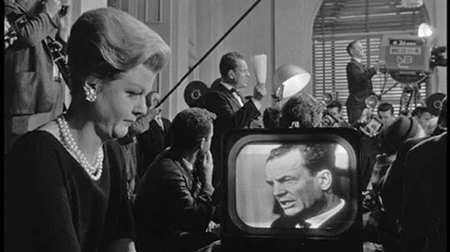
The hottest film-noir ticket is “The Manchurian Candidate” on Friday night. Angela Lansbury will attend the screening.
While films about religion, sports and animals fit nicely with that emotional theme, film noir doesn’t mesh quite as naturally. But our friends at TCM would never leave noiristas out in the cold.
Fresh from the Film Noir Foundation’s recent Noir City Hollywood is the Foundation’s restoration of the 1956 Argentine noir “Los tallos amargos” (“The Bitter Stems,” 1956, Fernando Ayala). There’s also a screening of 1955’s “Love Me or Leave Me,” a rare gem, directed by Charles Vidor and starring Doris Day as real-life torch singer Ruth Etting, married to a gangster, played by James Cagney.
Director John Berry’s son Dennis Berry is scheduled to attend Friday’s screening of the 1951 film noir “He Ran All the Way,” starring John Garfield as a thief on the run holding Shelley Winters hostage. Dalton Trumbo wrote the script. Another essential noir is “Private Property” (1960, Leslie Stevens), a twisted lust triangle, starring Warren Oates.
On Friday afternoon, photographer and writer Mark Vieira will sign copies of his new book, “Into the Dark: The Hidden World of Film Noir, 1941-1950.”
Friday’s film-noir fare finishes with “Repeat Performance” (1947, Alfred Werker), newly restored by the Film Noir Foundation.
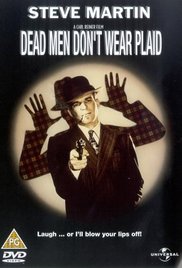 Noir master Billy Wilder’s “Ace in the Hole” (1951) starring Kirk Douglas and 1982’s noir spoof “Dead Men Don’t Wear Plaid” starring Steve Martin, screen on Saturday. Carl Reiner, who wrote and directed “Dead Men,” will be interviewed after the movie.
Noir master Billy Wilder’s “Ace in the Hole” (1951) starring Kirk Douglas and 1982’s noir spoof “Dead Men Don’t Wear Plaid” starring Steve Martin, screen on Saturday. Carl Reiner, who wrote and directed “Dead Men,” will be interviewed after the movie.
Representing the neo-noir contingent is “The Conversation” (1974, Francis Ford Coppola, who will get his star on Hollywood Boulevard during the fest), Milos Forman’s Oscar-winning “One Flew Over the Cuckoo’s Nest” (1975), with Jack Nicholson in one of his finest hours, and “The Long Goodbye” (1973, Robert Altman) in which Elliott Gould brings Raymond Chandler’s Philip Marlowe to life in the ‘70s, as a scruffy loner. Gould will be interviewed at the fest. Jean-Luc Godard’s “Band of Outsiders” (1964), a French New Wave reinterpretation of classic Hollywood crime movies, must not be missed.
John Huston’s “Fat City,” from 1972, screens Sunday. This great, gritty boxing drama stars Stacy Keach and Jeff Bridges.
But perhaps the hottest film-noir ticket is “The Manchurian Candidate” (1962, John Frankenheimer), showing Friday night. Special guests are Angela Lansbury (can’t wait!) and Alec Baldwin.
These are just a few highlights of a festival that is packed with events, discussions and fun things to do. Thanks, TCM, for another great year.
Additionally, TCM is excited to announce the launch of Backlot, the network’s first fan club. Backlot will offer exclusive content, never-before-seen talent interviews, archival videos from the TCM vault, an exclusive TCM podcast, as well as opportunities to win visits to the TCM set, attend meet and greets with TCM hosts and the opportunity to influence programming through online votes. TCM Backlot can be accessed at tcmbacklot.com for an $87 annual fee.
And, coming this fall, TCM is teaming up with Criterion to launch FilmStruck, an art-house lover’s streaming service. Stay tuned for more details.





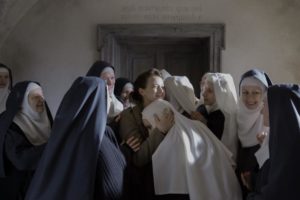
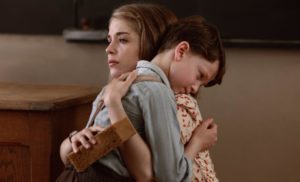
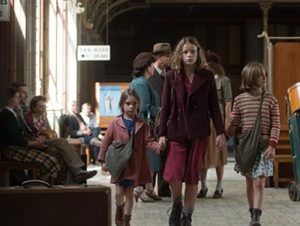
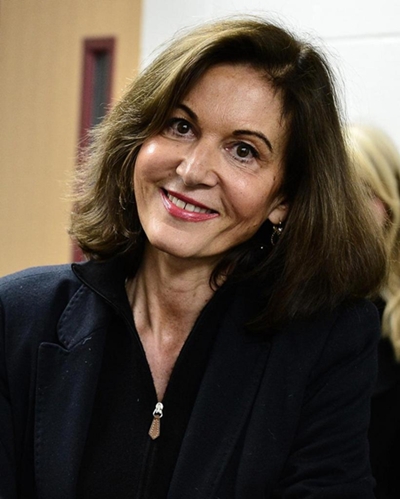
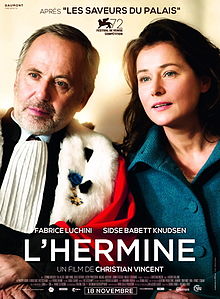
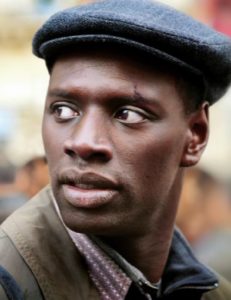
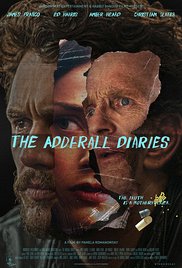
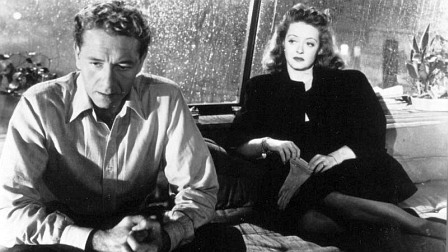

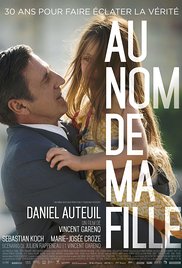





From FNB readers